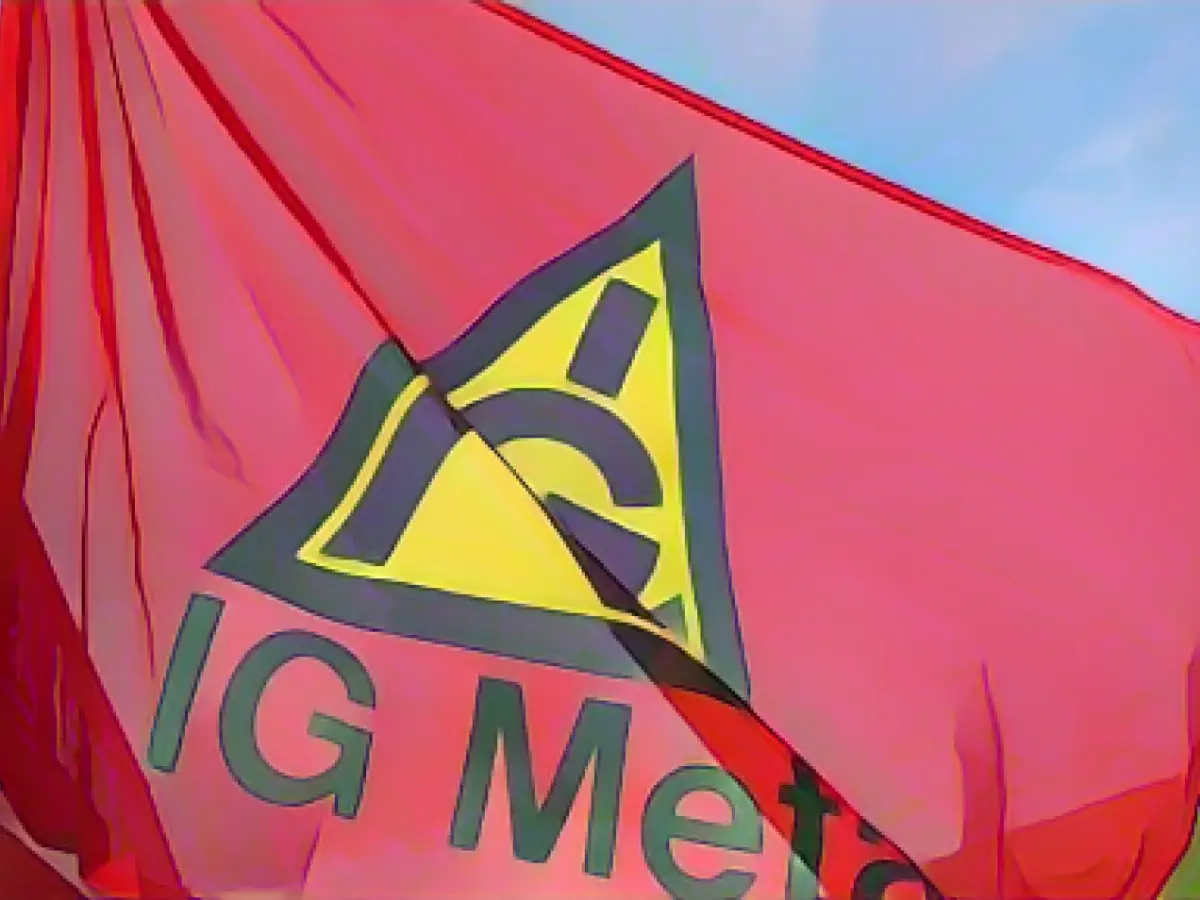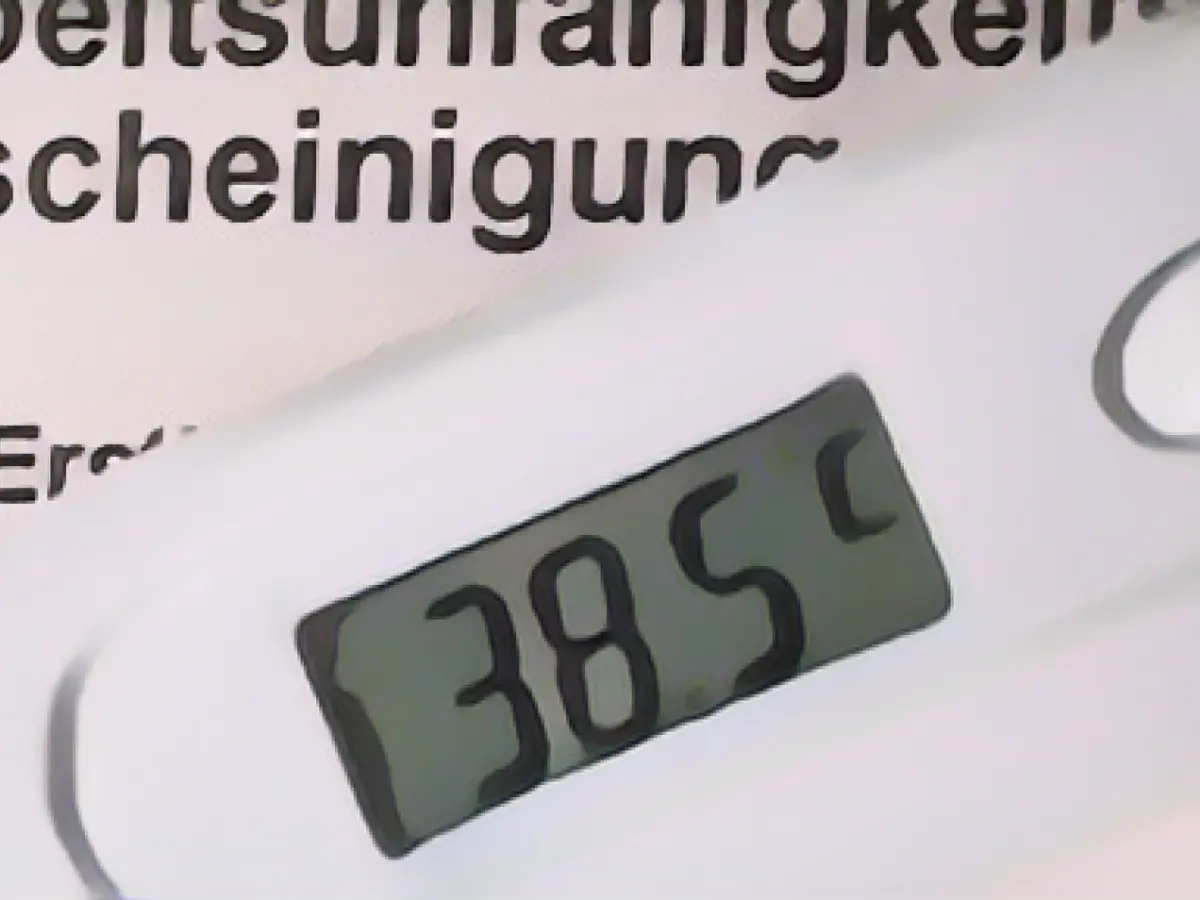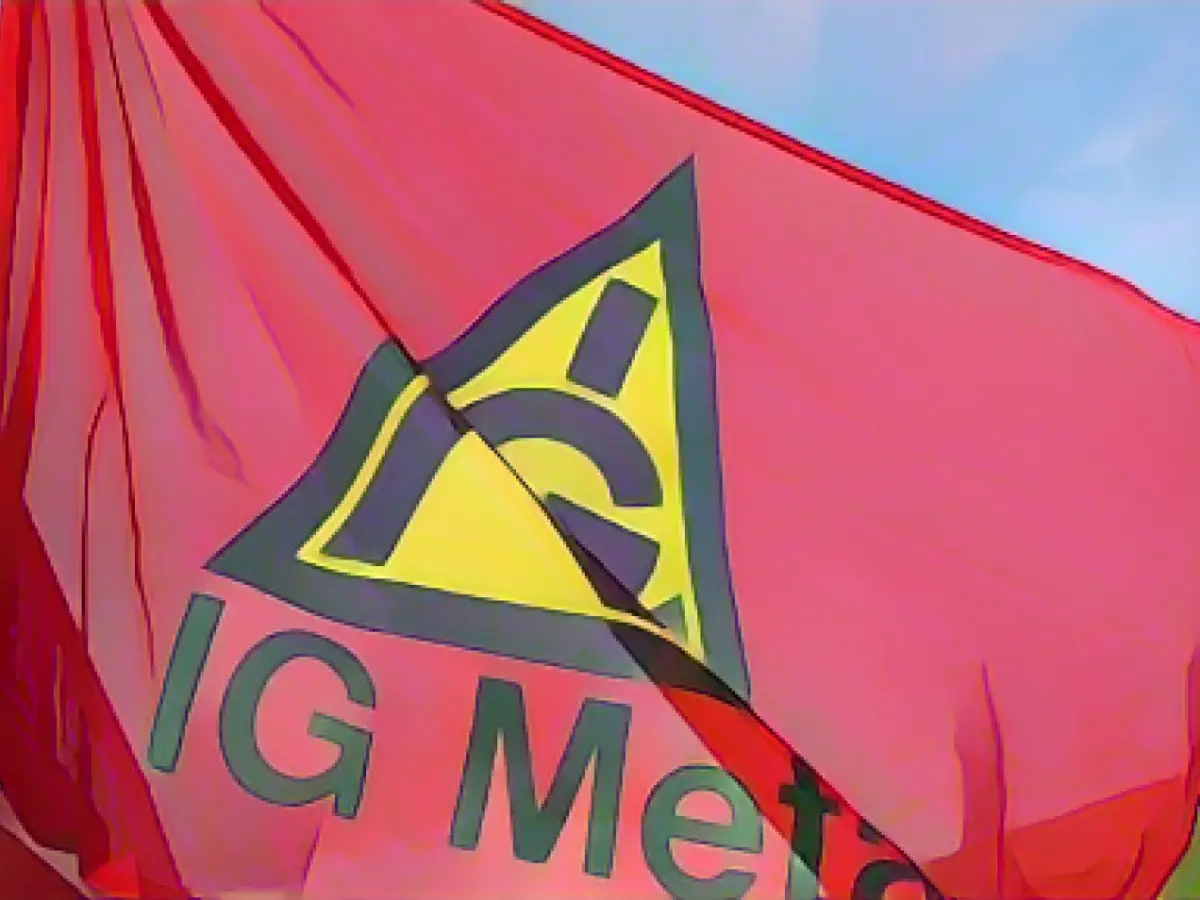Lower Saxony's Business Day: Navigating High Energy Costs and Climate Change
Today from 4 p.m., Hanover plays host to the 13th Lower Saxony Business Day. This year, ministerial heavyweights like Stephan Weil (SPD, Minister President) and Olaf Lies (SPD, Minister of Economics) will be present, making it an event not to miss. The primary focus of this gathering revolves around the energy transition, the shift towards climate-neutral production, the escalating energy costs, and safeguarding Lower Saxony as a robust industrial hub. Organized by the Lower Saxony Business Associations (UVN), the day promises to be filled with crucial discussions and collaborative strategies.
Business delegates will engage in thrilling dialogues surrounding strategies to thrive in the industry amidst exorbitant energy costs. Lower Saxony's employer community eagerly anticipates collaboration with the government to maintain the area's industrial prowess.
Enrichment Insights
Lower Saxony is actively working on several key initiatives to tackle the challenges of energy costs and climate neutrality, ultimately reinforcing its industrial standing. Here's a sneak peek:
- Battery Energy Storage Systems (BESS) Major BESS installation projects are commencing in Lower Saxony, such as the 137.5MW hydroelectric power output with 282MWh capacity project in Alfeld, spearheaded by Nidec Conversion, Obton, and KYON ENERGY. The initiative aims to bolster power grid stability, enabling the integration of fluctuating renewable energy sources into the electrical network. The projected commissioning date lands in summer 2026.[1]
- Decarbonization Initiatives The Salzgitter Group is spearheading a low-CO2 production revolution and steel product transformation. Through its SALCOS (Salzgitter Low CO2 Steelmaking) program, Salzgitter aims to replace fossil fuels with hydrogen derived from renewable sources. The ultimate objective: a 95% reduction in CO2 emissions by 2033.[2]
- Industry Collaboration and Research The Chair of Decarbonization and Transformation of Industry (DTI) at the Brandenburg University of Technology Cottbus-Senftenberg (BTU) is fostering interactions through workshops and site visits in regions undergoing structural change, like the Meissen District in Saxony. These initiatives aim to explore decarbonization and circularity strategies.[3]
- Hydrogen Production and Storage Sunfire, a Saxony-based company, has secured €200mn financing, half guaranteed by the German federal government and the Free State of Saxony. The financing model lowers risks and guarantees financial stability for hydrogen production and storage projects, critical for industrial decarbonization.[5]
- Targeted Subsidies and Auctions The EU launched the €2bn European Hydrogen Bank (EHB) auction, with dedicated funding for maritime hydrogen fuels and anticipated subsidies for vital sectors like e-fuels, derivatives, and industrial decarbonization.[5]
These initiatives underscore Lower Saxony's proactive approach to alleviating high energy costs and embracing climate neutrality, ensuring the region's competitiveness and sustainability.








